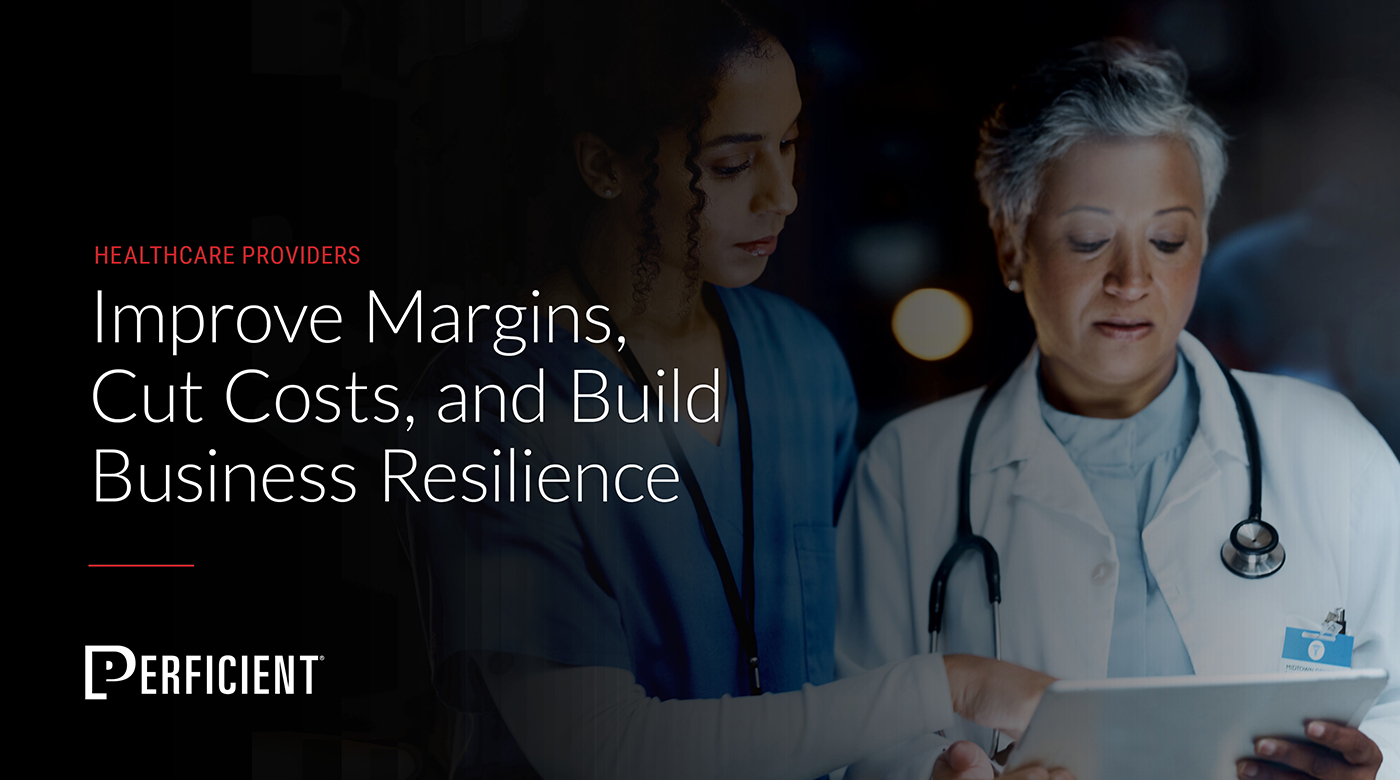In my most recent blogs I discussed the potential cost savings and other benefits of alternative IT delivery models. In this blog I want to focus specifically on healthcare’s move to cloud based delivery which was one of the delivery models discussed.
One thing I have learned in my almost 30 years in healthcare IT management and consulting is that, with rare exceptions, healthcare organizations are not the first to implement new technologies. There are many reasons for this including reluctance to change the proven delivery model, funding limitations, concern over losing hands-on control of critical patient care applications or potential security risks.
Implementation of cloud delivery services in healthcare lagged the overall IT industry for many years but recent surveys show accelerating movement in that direction.
Cloud based application delivery is really nothing new. Even in the 1980s you had vendors that ran their applications in a remote computing model with customers accessing the applications (typically with private circuits).
This developed into Software as a Service (SaaS) application delivery more commonly accessed through the Internet. Many legacy vendors have revised their offerings from an on premise solution to the SaaS model (or now offer both options for customers).
In addition to the SaaS model for application access we are also seeing more and more healthcare organizations migrating databases, legacy applications, and services like disaster recovery provisioning to the cloud. These offerings typically provide a more cost effective solution, have great scalability and, in the case of databases, provide a better platform for advanced analytics (either using tools developed by the customer of leveraging the hosting vendor’s offerings).
A survey from HIMSS Analytics conducted in early 2017 found that 65% of all healthcare organizations were utilizing cloud based offerings. 88% of these are utilizing SaaS services but over half are also utilizing platform as a service offerings.
In addition, the healthcare cloud delivery market is estimated to triple in expenditures from 2015 to 2020 resulting in total spend of almost $10 billion. Clearly this is a trend that has not only been accepted by the healthcare industry but is rapidly expanding.
While there are many benefits to cloud based delivery there are also a number of considerations required to ensure it meets your organization’s requirements. Areas like security considerations can typically be addressed via the contract, vendor certification and audits.
However other considerations take careful planning and design. One of the most important considerations is access speed. If the system isn’t fast enough to support the organizations day-to-day operations for interactive transactions or if database inquiries take an inordinate amount of time it really doesn’t matter if you achieve cost savings by moving your processing to the cloud.
In order to avoid access related problems it is critical you work with a proven partner regarding your cloud migration. Items that can impact response time considerations like proximity to the hosting location, bandwidth and the amount, and types, of data that are transmitted.
It is critical all these considerations be evaluated and the solution architected to provide optimal access speeds.
In summary, any reluctance the healthcare industry had to cloud based application delivery and use of the cloud for infrastructure and storage is largely in the past. Cloud migration is one of the fastest growing categories of change as see today with respect to legacy IT environments.
However, achieving all the benefits of cloud migration requires careful planning and working with an experienced partner.

